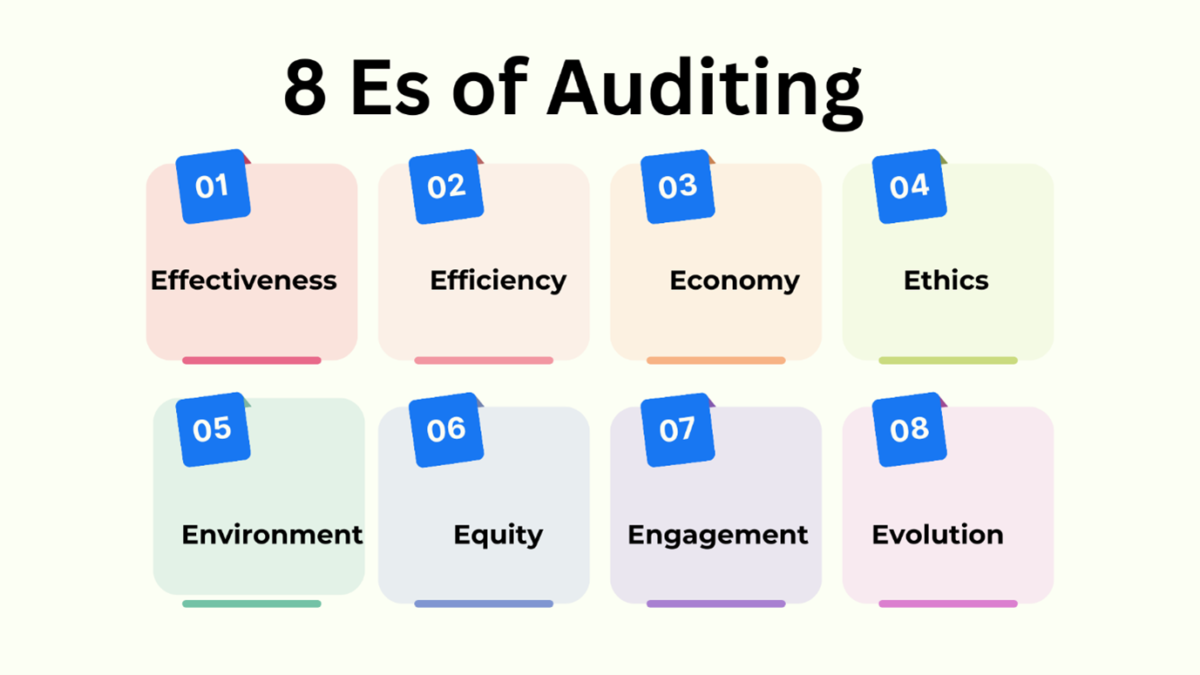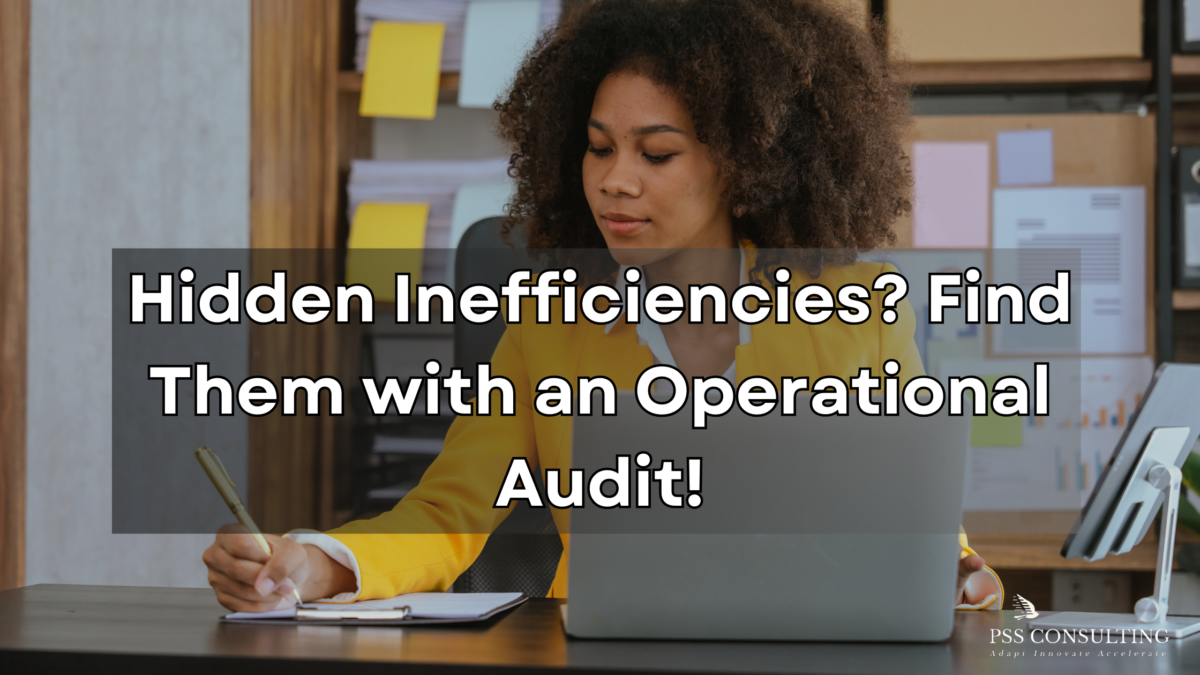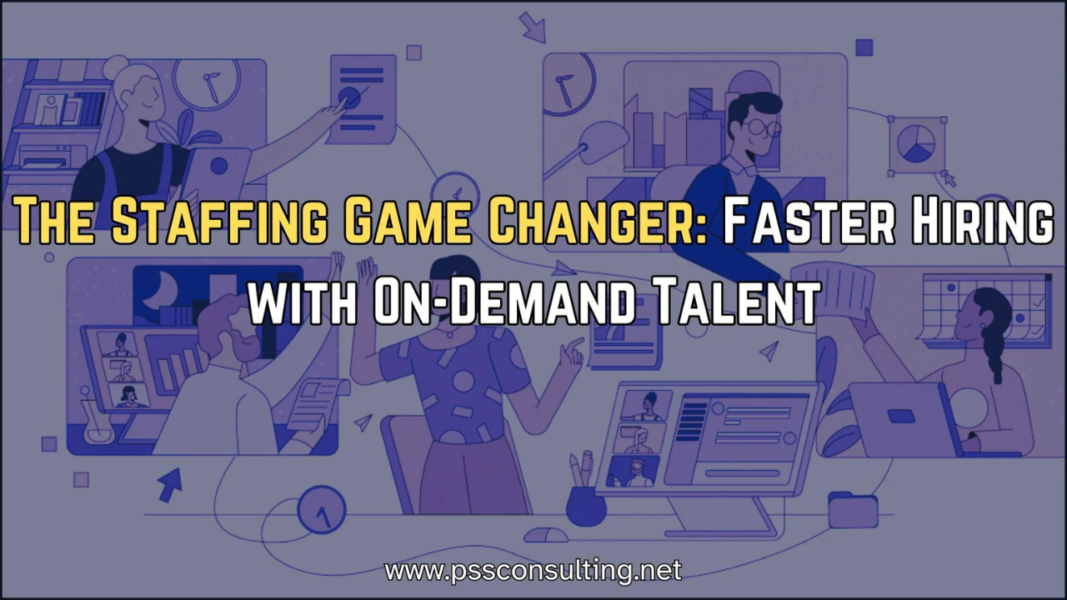As we wrap up 2024 and step into 2025, many startups and small businesses are renewing their focus on operational excellence. A well-executed operational audit can expose hidden inefficiencies, bring cross-functional teams into alignment, and prepare organizations to meet the evolving market challenges of the new year.
1. What Is Operational Auditing?
Operational auditing involves examining every core process—from production workflows to quality-control checks—to ensure each step is necessary and effective. Think of it as a “root-cause” analysis of your business operations, leveraging advanced tools like process mapping, real-time analytics, and predictive modeling to uncover unseen bottlenecks.
Key Focus Areas:
- Efficiency: Streamline processes to eliminate redundant tasks and reduce cycle times.
- Effectiveness: Validate that each function directly supports your strategic business goals.
- Risk Mitigation: Use data-driven risk matrices and scenario planning to anticipate and neutralize vulnerabilities.
Picture this process like a state-of-the-art vehicle diagnostic: rather than just swapping out worn parts, you integrate sensor data, run system checks, and fine-tune every component for top performance and reliability.

A Streamlined Auditing Framework
Although auditing methodologies vary, a robust framework couples industry best practices with data analytics:
- Risk-Based Prioritization
Concentrate your audit on high-impact areas, like critical supply chain nodes or compliance bottlenecks. This approach ensures efficient use of time and resources.
- Integrated Audits
Break down departmental silos by examining how HR, finance, and production processes overlap. Identifying duplicate tasks or data gaps can reveal automation opportunities and widespread efficiency gains. - Tailored Recommendations
Every business has unique needs. Whether you’re a regional manufacturer or a SaaS startup, solutions should align with your organization’s vision, culture, and industry standards.
Expert Insights & Practical Tools
We utilize frameworks such as the 8 Es of Auditing—Effectiveness, Efficiency, Economy, Ethics, Environment, Equity, Engagement, and Evolution—to ensure a balanced approach. Practical audits often employ root-cause analysis, Pareto charts, and process flow modeling, providing a data-backed blueprint for sustainable improvements.

Why an Operational Audit Matters for 2025
With 2025 set to bring continued market volatility and digital disruption, a comprehensive operational audit arms you with the agility and foresight to:
- Navigate Uncertainties: Spot potential problems before they escalate into crises.
- Boost Profit Margins: Slash overhead by eliminating redundant processes and redeploying resources to high-impact initiatives.
- Foster Sustainable Growth: Align operational steps with your strategic vision, ensuring you remain both adaptive and resilient.
Are you ready to level up your operations in 2025? Contact PSS Consulting for a complimentary consultation on how an operational audit can reshape your efficiency, cost savings, and long-term competitiveness.
Download Your Free Operational Audit Checklist
Take the guesswork out of the auditing process. Download our comprehensive Operational Audit Checklist
to guide your internal review, track actionable steps, and keep your team aligned—whether you’re addressing small-scale process tweaks or a full-scale operational overhaul.




